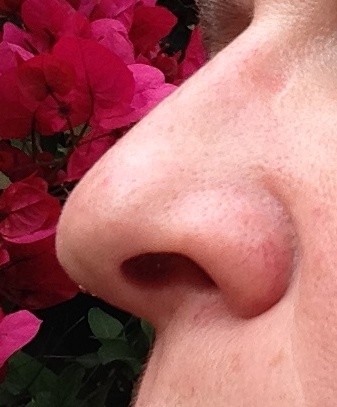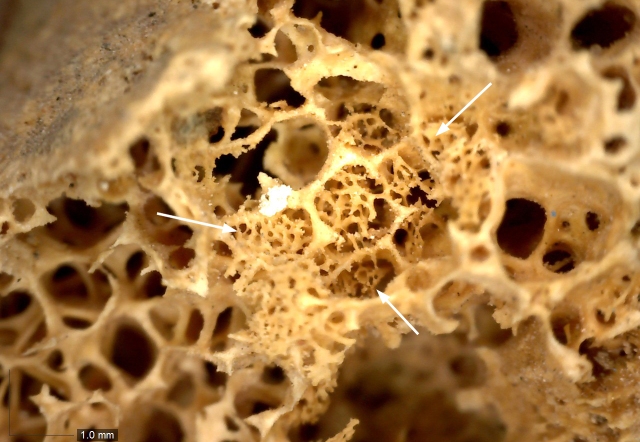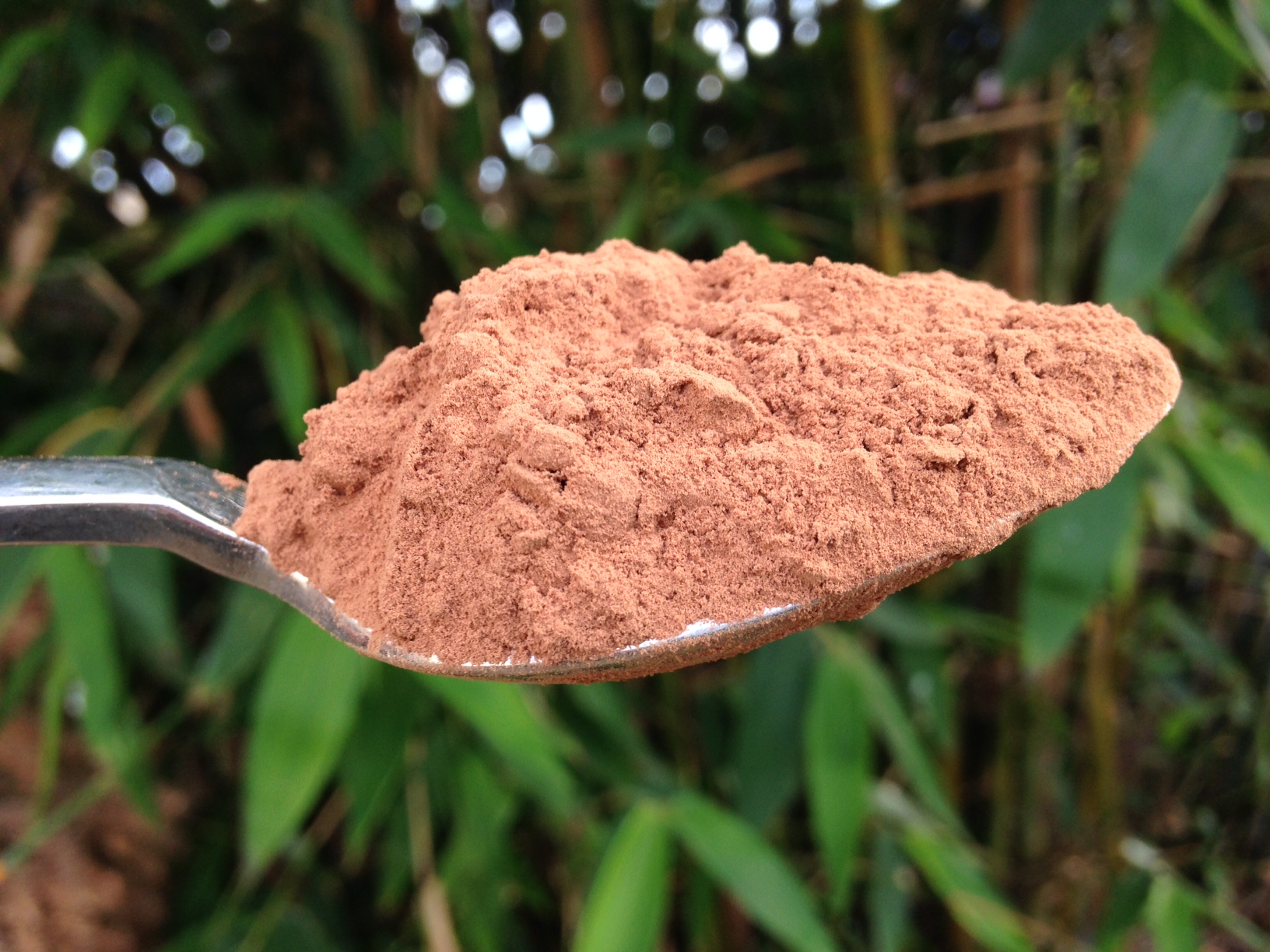Everest Diabetes Study
Bloodwork from climbers of Mount Everest supports theories about oxygen and Type II diabetes.


Bloodwork from climbers of Mount Everest supports theories about oxygen and Type II diabetes.

Samples from Greenland's ice cores suggest that the U.S. Clean Air Act has helped curtail acid rain.

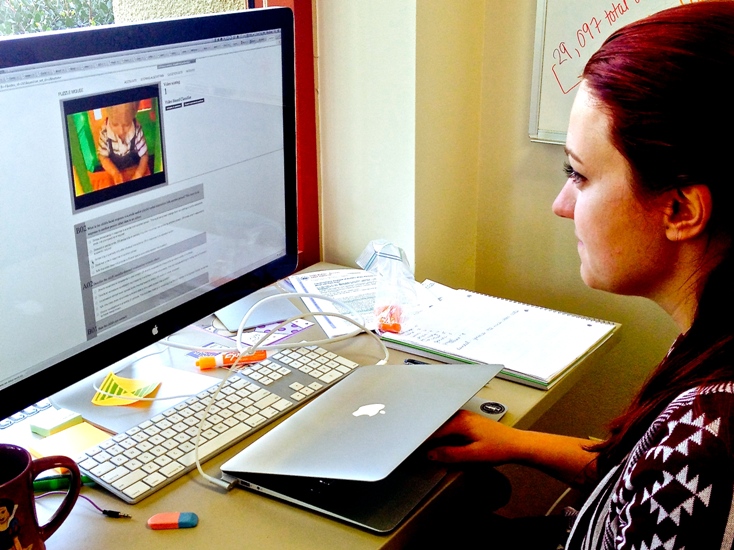
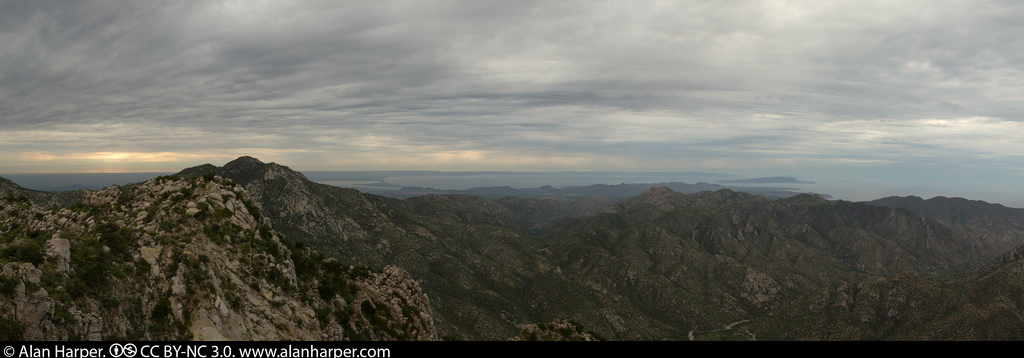
Scientists discover new insects and spiders on an expedition to a little-known area of Baja, California.
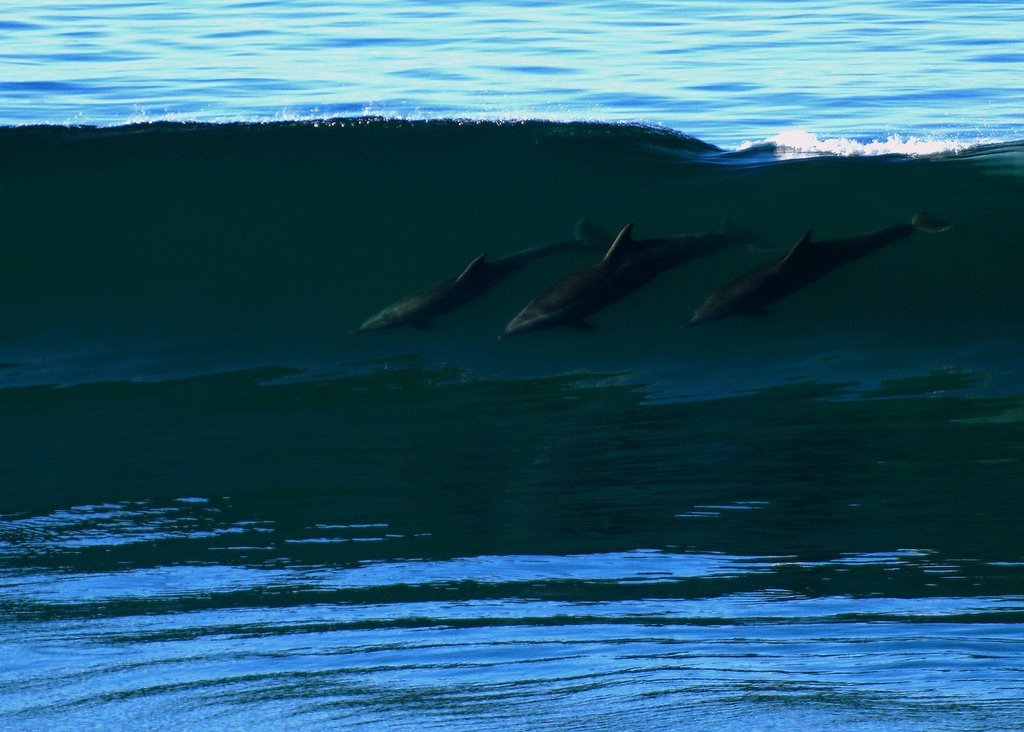

Triclosan, a common antibacterial agent in household products, may actually promote the growth of Staph bacteria in people heavily exposed to it.

A new study suggests it might be a bad idea to argue with your spouse when you’re hungry.
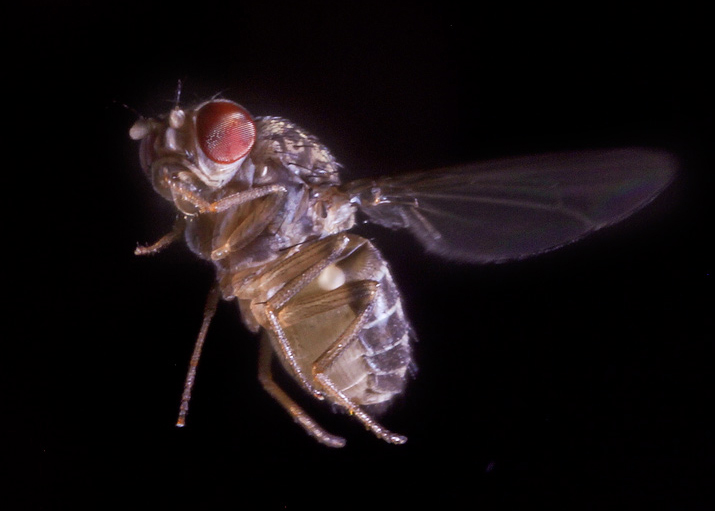
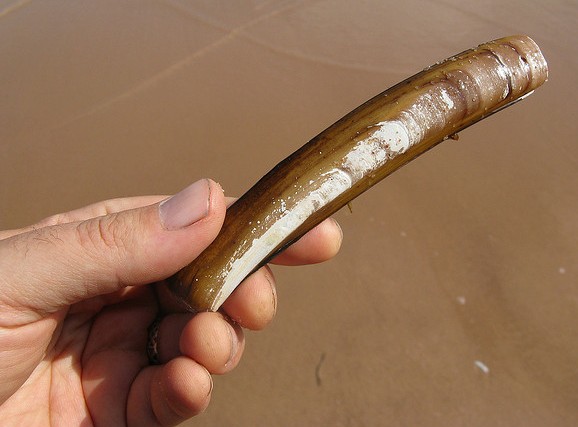
The Atlantic razor clam, famous for its digging prowess, is a model for potentially useful robots.
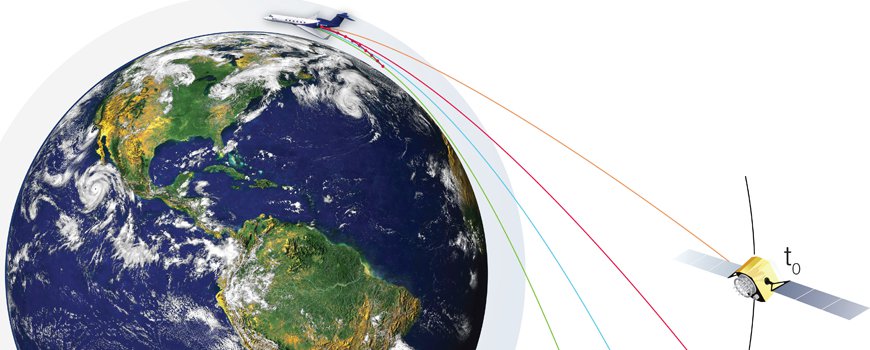
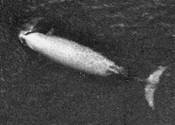
Beaked whales set the record for the deepest and longest dives of any marine mammals.
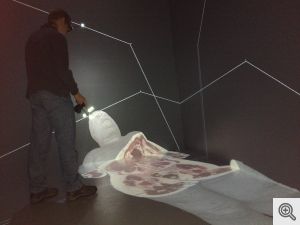
A 3-D hologram of a human cadaver brings med-school dissection to the 21st century.
New guidelines could maximize transplant success by better matching donated kidneys with recipients.

Satellites and unmanned aircraft could help shed light on the lives of one of the world’s most elusive eagles.
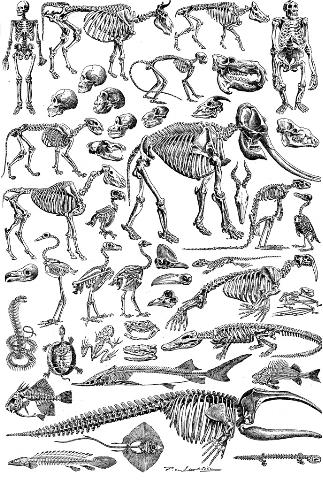
A gel-like substance, packed between the nano-scale mineral crystals in bone, helps to keep it from shattering.

People's unconscious reactions to liars and truth-tellers are more accurate than their conscious judgments.
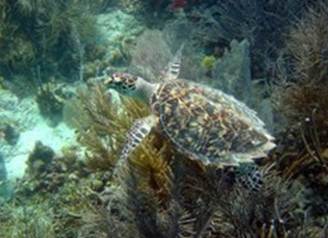
A global perspective is needed to cut down on the unintentional casualties of commercial fishing.
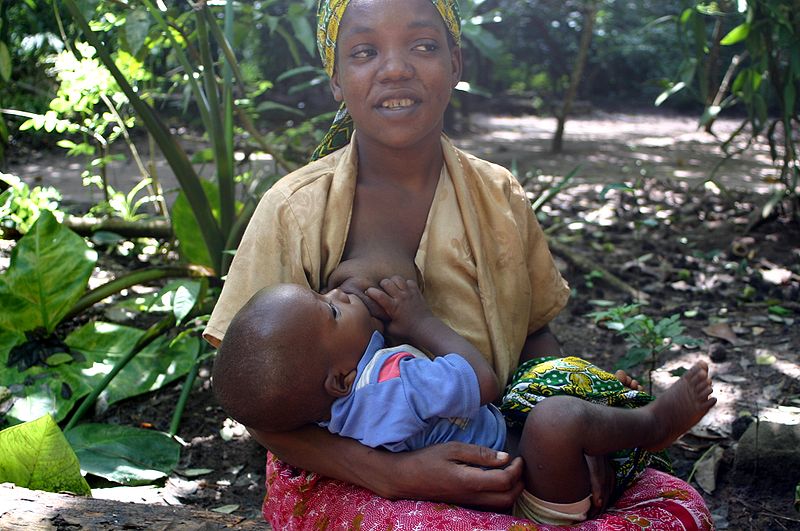
Breastmilk contains chemical signals that depend on environmental conditions and the sex of the infant.
